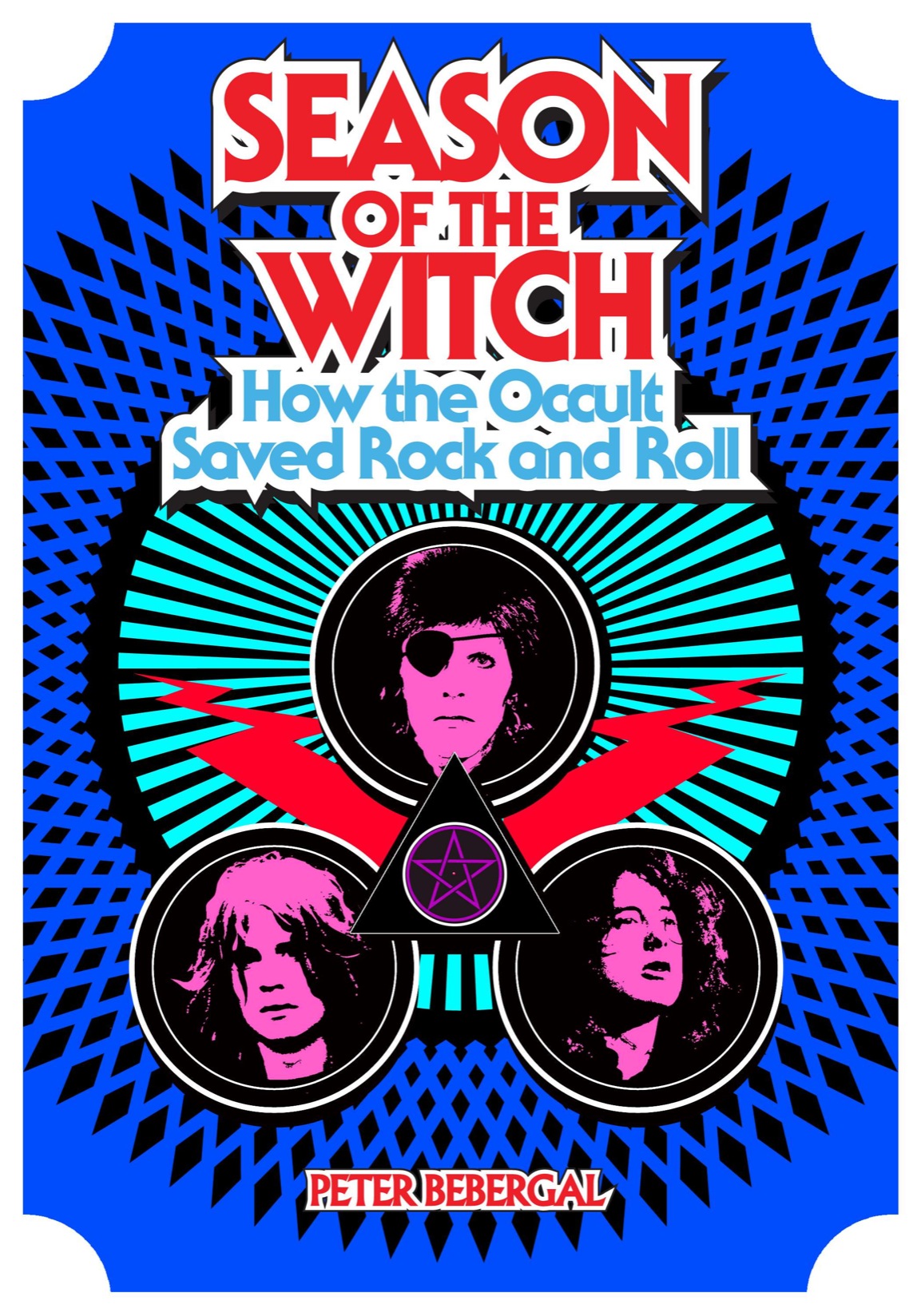
Season of the Witch
How the Occult Saved Rock and Roll
- اطلاعات
- نقد و بررسی
- دیدگاه کاربران
نقد و بررسی

July 28, 2014
Bebergal (Too Much to Dream: A Psychedelic American Boyhood) displays an intelligent understanding of the interaction between religion and culture when he argues that the "occult imagination is the vital force of rock-and-roll culture." Yet his book is also maddeningly pedestrian at times. Bebergal details how, starting in the late 1960s through the '70s, "Sex, occultism, and Satan would become synonymous in various pockets of pop culture," and his examples include films such as The Wicker Man and games such as Dungeons & Dragons as well as the usual suspects, such as the Rolling Stones song "Sympathy for the Devil," to argue that mysticism was "not the only source towards unconventional spirituality available to youth culture. But in his recounting of many staples of rock loreâLed Zeppelin founder and guitarist Jimmy Page's fascination with the writings of occultist Aleister Crowley; David Bowie's "messianic" obsession with "aliens, magic, and mysticism"; and the blatantly occult "arsenal of symbols" of Throbbing GristleâBebergal too often conflates the symptoms with the disease. It's not enough for him that "Rock's essential rebellious spirit is a spiritual rebellion at its core, and this, like all forms of occult and Gnostic practices, is a threat to the establishment, be it political, religious, or social." He must further claim that "without the occult imagination there would be no rock as we know it," an argument that basically ignores the many other influences on different genres of rock music.

Starred review from October 1, 2014
Whether causing Elvis's hips to swivel or Jimmy Page's guitar to erupt, the supernatural has always been a whispered presence throughout the history of rock and roll. Here, Bebergal (Too Much To Dream) explores the long-standing relationship between musicians and the mystical. Moving from bluesman Robert Johnson's pact with the devil to the spiritual awakening of George Harrison, the author delves into rock and roll's perpetual communion with realms beyond pure reason and the natural world. Though mentioning the blues and touching upon the emergence of heavy metal, the bulk of Bebergal's analysis focuses on the cultural awakening of America in the 1960s and early 1970s. Just as musical experiences such as Woodstock generated seductive feelings of unity, so, too, did the occult symbolism and imagery that entranced the psychedelic generation. VERDICT This sharply written narrative illuminates the centrality of the occult imagination at the heart of rock and roll. A welcome companion to Robert Walser's Running with the Devil.--Joshua Finnell, Denison Univ. Lib., Granville, OH
Copyright 2014 Library Journal, LLC Used with permission.




دیدگاه کاربران